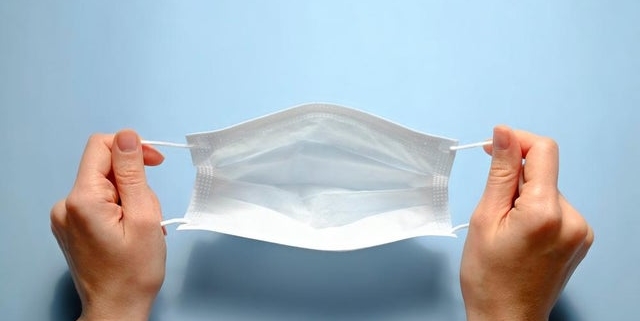Advertisements and cartells during the coronavirus pandemic: competition law principles to consider
As a result of the coronavirus pandemic, the number of advertisements for health-related products and services has exponentially increased. In addition to existing ones, new players also entered the market and began selling products or services that do not fit their main profile. It is important however, that everyone utilises new business opportunities fairly, as authorities are closely scrutinising commercial communications. Kapolyi Law Firm’s expert examined the most important competition law provisions on advertisements and the cooperation of corporations.
Products and services related to the pandemic primarily address health concerns and the needs of customers who have to stay home as a result of the quarantine measures. Kapolyi Law Firm’s competition law expert, Dr. Katinka Tölgyes emphasises that companies which began selling a new product or service in response to the pandemic, which has not been produced or offered so far, or companies who have paid less attention to competition compliance should consider soliciting the services of a legal adviser.
Advertisements: not everything may be sold citing protection against Covid-19
According to Kapolyi Law Firm’s expert, defining the product category is the first step when designing advertisements and slogans, since different advertising statements are permitted for food, medicinal products, food supplements, prescription and non-prescription medicines, and cosmetics. For example, no disease-preventing or curative effect can be attributed to foods (even if for instance, several varieties of onions are known in the vernacular for their healing effects). A statement like this is in itself infringing the law (there is no possibility to prove otherwise) and may result in sanctions. As a general rule, prescribed medicines and non-prescribed medicines supported by the social security cannot be advertised at all. In case of medical products for which advertising is permitted, commercial communication content may be prepared within a rigorous framework and in strict compliance with the contents of the package leaflet only. Any reference to the recommendation of professionals or known persons should be avoided. A product may only be labelled medicinal if it has a truly meaningful, health-restoring effect, which can be substantiated by appropriate research (the personal experiences of the consumers of the product is not acceptable). It is also important to ensure that indirect statements also comply with the requirements, such as statements on the active substance or its ingredients in the product.
Dr. Katinka Tölgyes emphasized that the Hungarian Competition Authority (GVH) always examines commercial communication from the consumer’s point of view, therefore what matters is how consumers interpret an advertising statement and not what the manufacturer or distributor intended to mean, or what goal they wanted to achieve. Additionally, communications intended for vulnerable consumers are subject to increased scrutiny and stricter consequences applied by the GVH. The GVH considers a group of consumers to be vulnerable if they are more susceptible to a given product or service due to their age or state of health. During the current pandemic situation, for certain products (such as disinfectants, hand sanitizers, masks, etc.) even the society as a whole may be considered to be vulnerable consumer, therefore it is particularly important that communication complies with the law.
Cooperation: authorities may be more permissible, but not without limits
In addition to commercial communication, the application of laws concerning business-to-business cooperation between undertakings is expected to slightly differ during the coronavirus pandemic. In the current situation, serving consumers with essential products (i.e.: hand sanitizers, face masks) bears key importance, and may require increased cooperation between the involved parties. This may include allocating scarce available raw materials or solving challenges related to transport and storage issues. Kapolyi Law Firm’s competition law expert states that the GVH may consider society’s wider interests, and is therefore expected to treat cooperation with permissive approach. Dr. Katinka Tölgyes highlights the position of the European Competition Network, which clearly states that members of the network will not oppose necessary and temporary measures applied by companies to avoid supply shortages. Nevertheless, undertakings must be aware of the fact that “permitting” cooperation does not apply to every area and does not mean that there are no limits in terms of the degree and length of the cooperation. “Hardcore cartels”, i.e. price-fixing, market-sharing agreements restricting competition remain prohibited – if, for example, there is no shortage of a specific raw material, the undertakings concerned may not refer to cooperation during the competition authority’s investigation. The guidelines issued by the European Commission set forth similar principles. Therefore, it can be expected that the GVH will dedicate prior attention to the examination of the extent of cooperation and the necessity thereof. Dr. Katinka Tölgyes emphasises that if an undertaking (especially in the health sector) has questions about the nature and extent of the cooperation, it is advisable to consult with a legal adviser or contacting the GVH itself for guidance. It is important to note, however, that the competition authority is not bound by its guidance in any subsequent investigation.



